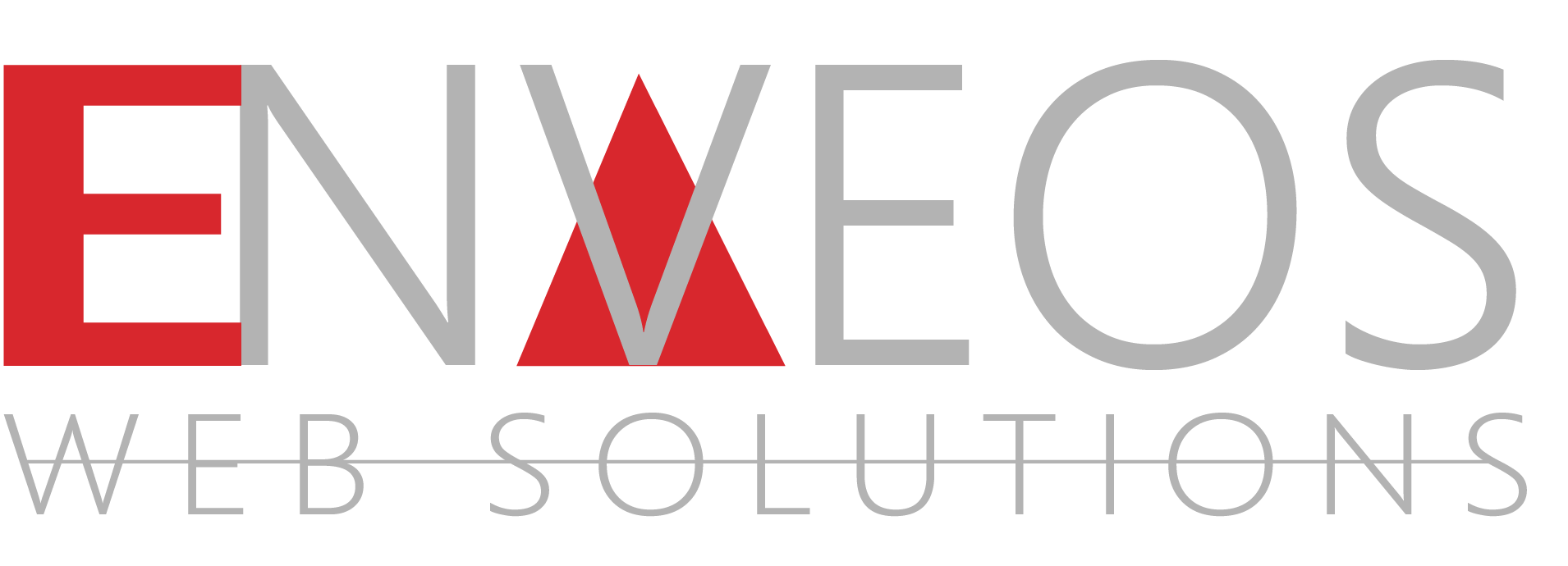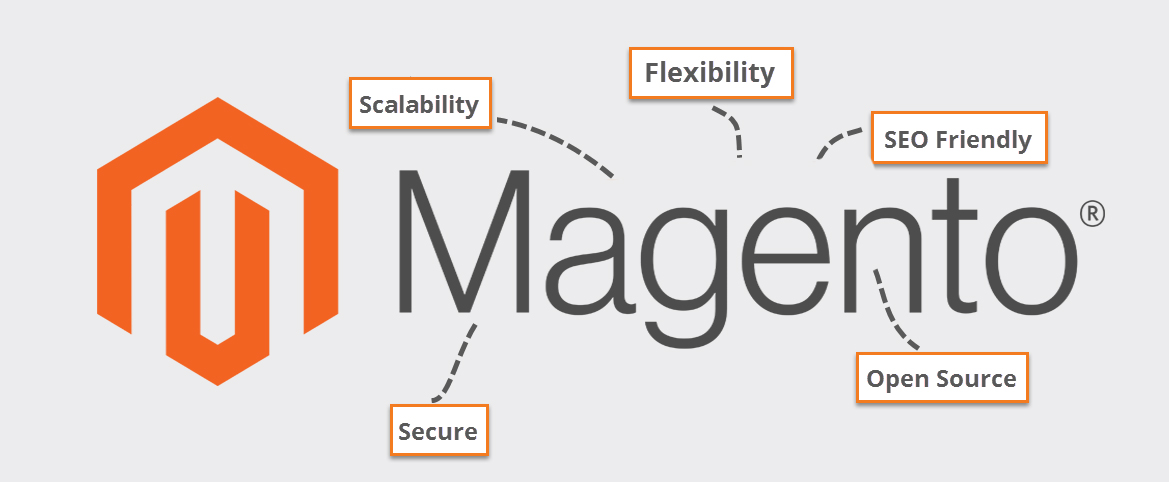Magento offers a wide range of third party extensions to help deploy your eCommerce store. These wonderful plugins can enable you to offer coupons, integrate multiple payment gateways and manager a well-oiled eCommerce store striving for sales. So why are we writing this article? Well to enlighten customers who are current developing on Magento or thinking of using Magento on their next project to make sure your projects has a solid foundation. Frankly many Developers/ Freelancers get to comfortable coding the easy way and taking shortcuts rather than following direction to help companies build a revenue stream through best practices by reduce bugs and increasing quality.
- Replaceable/ Reusable Coding
Essentially reusable and replaceable code enables you to make improvements easily and update efficiently. Coding should be small yet focused and provide a general solution so that it can be reused in future development. Also, ensure that you reuse your code as much as possible in order to avoid the costs of duplication.
- Helper Classes
Theoretically helpers are classes that have static methods that do not fit any ware period but they have a fair share of negative and positive comments. Depending on the project you can definitely put them to good use by combining reusable functionalities in them.
- Be true to Coding Standards
Even if you a Freelance developer or a Magento developer, following common coding standards will definitely help code maintainable and unswerving. Also, ensure that you reuse code as much as possible in order to avoid the costs of duplication.
- Naming Conventions
Throughout development consistency while naming conventions should be well maintained. As the great one would say “your code is as good as your professional touch” Easily readable. Failure to maintain these standards will greatly impact maintainability and readability of extensions.
- Plugin usage
eCommerce sites driven by plugins can weigh on the performance and the less you incorporate features using plugin the greater the performance.
- Code Testing
Testable code using Magento testing guide to help describe what you code does and define functionalities.




